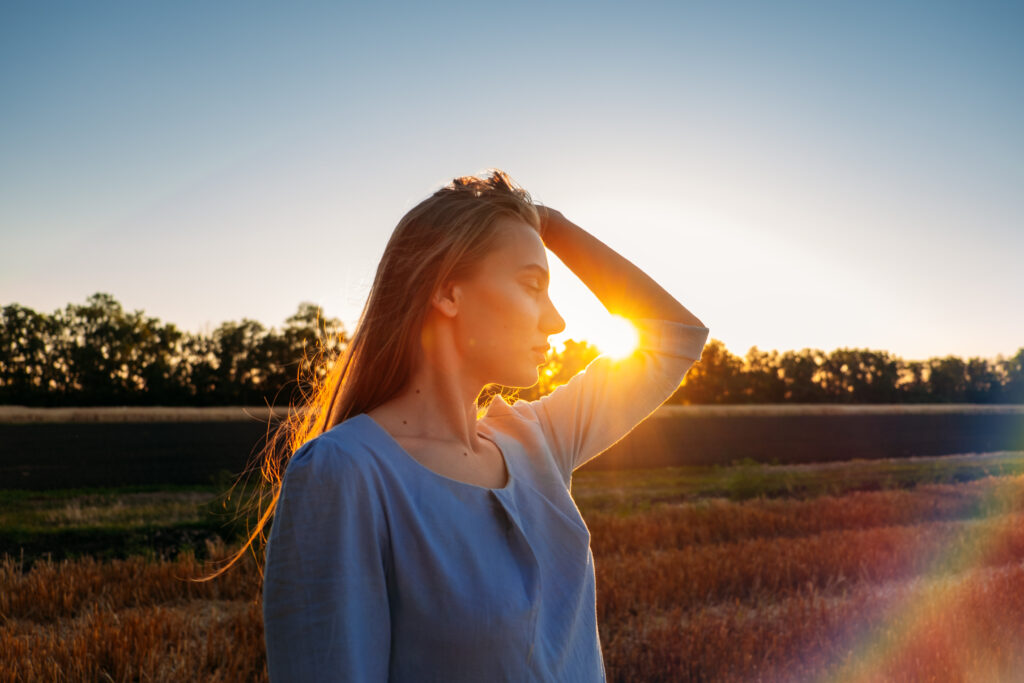- mail@mindwisecare.com
- +91 9315711785
Understanding Meditation

Introduction
All of us , every night leave waking consciousness and for hours travel to lands of dreams and deep sleep. When we wake, we typically remember little or nothing about the hours that have just passed. And surprisingly , we never think or appreciate that we were sleeping while we are asleep. Thus, although everyone sleeps, most people would be hard-pressed to precisely define sleep. Sleep,plays a very important role in our overall health and well-being. Beyond providing a break from our daily activities, sleep is a complex and essential process that helps to maintain our physical, mental, and emotional vitality.
Let us define some of its characterstics which in a way also define sleep .
Key Characteristics of Sleep:
Consciousness change : During sleep, there is a change in consciousness. The awareness of the surroundings are reduces and we experience a decrease response to stimuli.
It is a period of reduced activity.
Sleep is associated with a typical posture, such as lying down with eyes closed in humans.
Cyclic Nature: Sleep occurs in cycles, with each cycle consisting of different stages. The two main types of sleep are Rapid Eye Movement (REM) sleep and Non-Rapid Eye Movement (NREM) sleep.
Sleep is a state that is relatively easy to reverse (to diffrentiate sleep from other states of reduced consciousness, such as hibernation and coma).
Physical and Mental Restoration: Sleep is very important for physical restoration, including tissue repair, muscle growth, and immune system strengthening.
It also helps in memory consolidation and emotional regulation.
Regulation by Circadian Rhythms: The sleep-wake cycle is regulated by circadian rhythms, that is internal biological clocks which depends on light and darkness. These rhythms help align sleep patterns with the natural day-night cycle.
sleep is also influenced by homeostatic mechanisms, which monitor and regulate factors like energy balance and metabolic function. The longer an individual is awake, the stronger the drive for sleep becomes.
Hormonal Influence: Hormones play a significant role in sleep regulation. Melatonin, often referred to as the “sleep hormone,” helps signal the body that it’s time to sleep. Cortisol, a stress hormone, follows a diurnal pattern that influences wakefulness.
Dreaming: REM sleep is particularly associated with vivid dreaming. While dreaming can also occur during NREM sleep, REM dreams are often more elaborate and memorable.
The sleep cycle typically repeats throughout the night, with each cycle lasting about 90 to 110 minutes.
It is a period of reduced activity.
Sleep is associated with a typical posture, such as lying down with eyes closed in humans.
Cyclic Nature: Sleep occurs in cycles, with each cycle consisting of different stages. The two main types of sleep are Rapid Eye Movement (REM) sleep and Non-Rapid Eye Movement (NREM) sleep.
Sleep is a state that is relatively easy to reverse (to diffrentiate sleep from other states of reduced consciousness, such as hibernation and coma).
Physical and Mental Restoration: Sleep is very important for physical restoration, including tissue repair, muscle growth, and immune system strengthening.
It also helps in memory consolidation and emotional regulation.
Regulation by Circadian Rhythms: The sleep-wake cycle is regulated by circadian rhythms, that is internal biological clocks which depends on light and darkness. These rhythms help align sleep patterns with the natural day-night cycle.
sleep is also influenced by homeostatic mechanisms, which monitor and regulate factors like energy balance and metabolic function. The longer an individual is awake, the stronger the drive for sleep becomes.
Hormonal Influence: Hormones play a significant role in sleep regulation. Melatonin, often referred to as the “sleep hormone,” helps signal the body that it’s time to sleep. Cortisol, a stress hormone, follows a diurnal pattern that influences wakefulness.
Dreaming: REM sleep is particularly associated with vivid dreaming. While dreaming can also occur during NREM sleep, REM dreams are often more elaborate and memorable.
The sleep cycle typically repeats throughout the night, with each cycle lasting about 90 to 110 minutes.
Maybe You Read
November 3, 2025
Bethog Casino No Deposit Bonus 100 Free Spins
November 3, 2025
Gamble Online Free New Zealand
November 3, 2025
Card Game Patience Rules
November 3, 2025
New Live Casino Canada
November 3, 2025